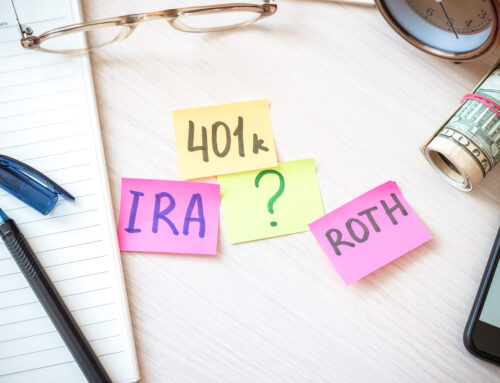John Foligno shares his take on Financial-Planning.com “Ask an Advisor” (April 13, 2023)
Dear advisors,
What would be a good allocation between domestic and international stocks? I’m a 36-year-old tech worker in New York City, and I have about $150,000 invested in index funds. Right now, I have them at a 60/40 split: 60% American, 40% foreign. The purpose of these investments is to one day fund my retirement.
We just saw a decade-long period in which U.S. outperformed international, but the decade prior to that, international outperformed. In your estimate, what would be a good ratio going forward?
Thanks,
Supposing in SoHo
Dear Supposing in SoHo,
I first want to acknowledge that you are doing a great job saving for retirement. Having accumulated $150,000 at age 36 while living in NYC is quite an accomplishment (speaking from experience, as I lived in NYC in my 20s/30s). That being said, here’s some things to consider:
Diversifying globally has certainly been studied extensively by academia to create a more stable outcome than concentrating on individual stocks or a small basket of securities. Although annual stock market returns are unpredictable, specifically in the U.S., the up years have occurred much more frequently than the down years. Since 1926, the U.S. stock market has posted positive returns 75% of the calendar years from 1926 through 2021. Holding international equities would certainly be part of a globally diversified strategy, however proportionately speaking, 40% is high in my opinion. Consider instead holding 20% of your total international equity exposure amongst developed countries, emerging markets, and global real estate.
I’m assuming that the index funds you hold are invested through mutual funds, which are certainly a good way to access a large swath of the market, particularly if you are invested in qualified retirement accounts (401(k), IRA). You sound like you are in a high-income tax bracket, and further assuming that you are already maxing out your employer and individual retirement accounts and still have additional money to invest toward retirement, consider using ETFs for your taxable (brokerage) account, as they typically offer tax efficiency vs. mutual funds.
With index funds, there are hidden costs that are the result of what is called the index reconstitution effect, which has to do with adding and removing stocks from a given index that can lead to increased trading volume and price pressure. There may be other mutual funds worth exploring that meet your risk tolerance and timing needs but have a lower expense ratio.
Given your age and life expectancy, you have quite a bit of time to allow the investments to grow. Without knowing what ratio of stocks to bonds that you hold, you should consider allocating more in stocks vs. bonds. In other words, you have time on your side to weather the ups and downs.

















